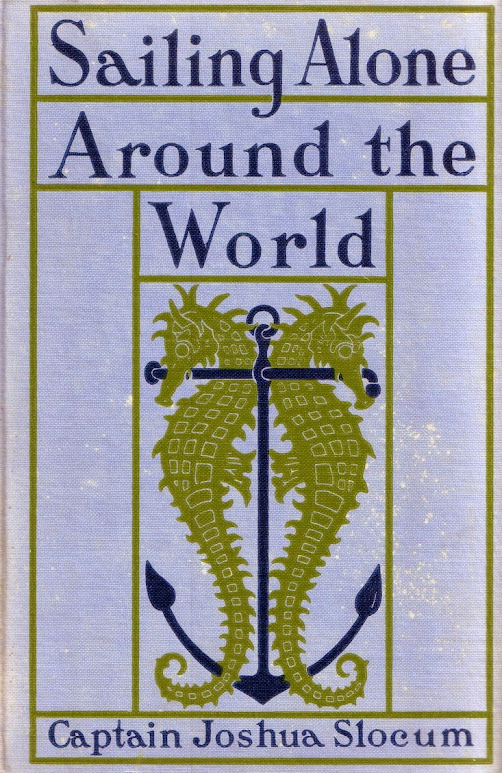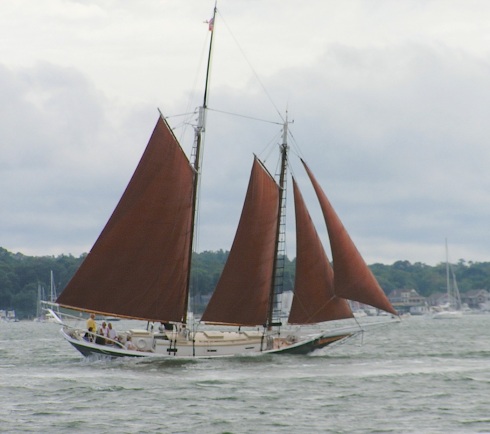 Zeke Grader, champion of fishermen, dies at 68 | The Press Democrat
by GuyKovner // the Press Democrat
Zeke Grader, champion of fishermen, dies at 68 | The Press Democrat
by GuyKovner // the Press Democrat
Zeke Grader, a champion for West Coast commercial fishermen over four decades, pursued his goals in public protests, courts of law and legislative corridors, never losing sight of his early years on the seafood docks in Fort Bragg.
A lawyer, lobbyist and a former Marine Corps reservist, Grader got major laws enacted to protect California’s salmon, waged water battles with powerful interests and risked condemnation by some fisherman for supporting catch limits.
Grader, a Marin County resident for more than 40 years, died Monday of pancreatic cancer at a San Francisco hospice. He was 68.
“Zeke was single-minded,” said his wife, Sausalito attorney Lois A. Prentice. “He had a vision and, no matter what, he never deviated from his vision. I called him a soldier; he had so much passion for what he was doing.”
Accolades came from congressmen, federal officials and colleagues who worked with Grader over his 39-year tenure as the founding executive director of the San Francisco-based Pacific Coast Federation of Fishermen’s Associations.
“Zeke was for decades a tireless fish warrior,” said William Stelle Jr., West Coast regional administrator for the National Marine Fisheries Service. “Tough as nails, blunt spoken and full of life, he leaves us better, stronger and in a changed place because of his accomplishments.”
Grader received an environmental hero award from the National Oceanic and Atmospheric Association in 1998, when Rep. Nancy Pelosi said in a speech on the House floor that Grader is “one of those rare leaders who we will look to for guidance on our troubled waters in the next century.”





















